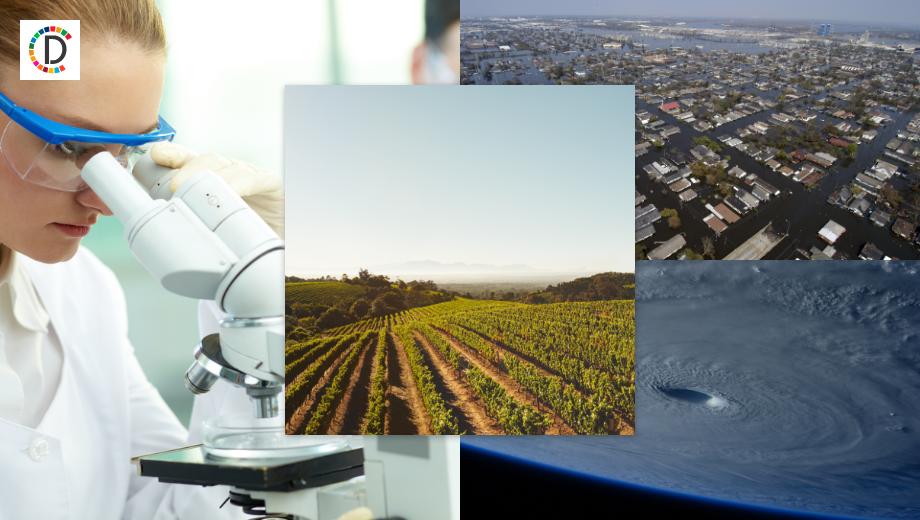El Nino likely to bring Chile surging summer temperatures
In a press conference on Wednesday, Catalina Cortes, head of the climate services office at Chile's Meteorological Directorate said that temperatures have increased strongly since 2015 and El Nino will likely make it warmer. "Last summer, in the central region of the country, was the warmest since 1950 and it is very likely that this situation will extend into next summer," Cortes said, adding that the EL Nino is expected to remain in Chile until fall 2024.

- Country:
- Chile
Chile will most likely face higher than average temperatures in the upcoming Southern Hemisphere summer due to the El Nino weather phenomenon, according to official forecasts. In a press conference on Wednesday, Catalina Cortes, head of the climate services office at Chile's Meteorological Directorate said that temperatures have increased strongly since 2015 and El Nino will likely make it warmer.
"Last summer, in the central region of the country, was the warmest since 1950 and it is very likely that this situation will extend into next summer," Cortes said, adding that the EL Nino is expected to remain in Chile until fall 2024. "And that makes it very likely that this summer will tend to be warmer."
The agency said there are still no exact figures on expected maximum temperatures, but it is also expecting higher maximum and lower minimum temperatures in the southern spring, which spans from October to December. Scientists have warned that climate change and El Nino are major drivers of extreme heat and said they are particularly worried about the impacts this year.
The highest temperatures in Chile have been concentrated between the capital and the center south, where deadly forest fires tore through the country last summer. Chile has been suffering from a drought for over a decade and while El Nino bought intense rains in June and August, leaving thousands homeless and impacting mining operations and agriculture, it was not enough to alleviate the drought.
"We had a year with more rain than was normal, but what prevails here is the structural situation of the drought," said Minister of Public Works Jessica Lopez, who added that human consumption of water is not at risk. (Report by Natalia Ramos and Rodrigo Gutiérrez; Writing by Alexander Villegas; Editing by Sandra Maler)
(This story has not been edited by Devdiscourse staff and is auto-generated from a syndicated feed.)










